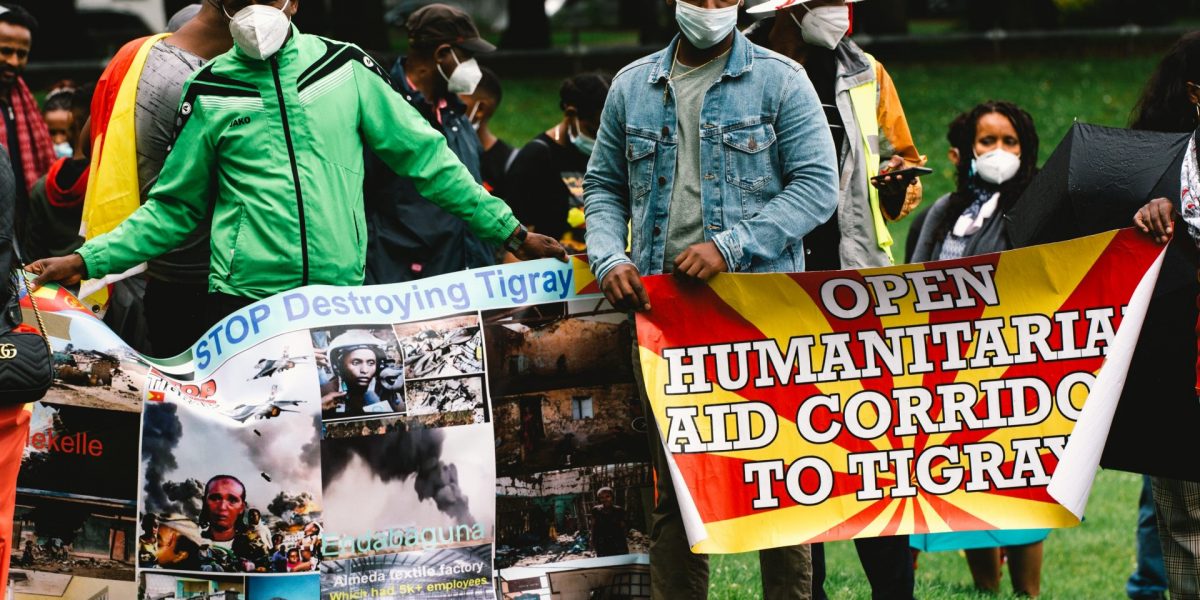Summary
- The African Group occupies 13 of the UN Human Rights Council’s 47 seats, making it and the Asian Group the largest regional bloc on the Council. This report examines the African Group’s record at the UN Human Rights Council from 2006 to 2022, focusing on country-specific situations and civil and political rights.
- By including amendment, procedural, and resolution votes, the report considers 450 votes and 5 850 voting decisions.
- The report uses five categories to classify the African Group’s commitment to human rights: ‘Strongly against human rights’; ‘Mildly against human rights’; ‘Unwilling to defend human rights’; ‘Mildly supportive of human rights’; and ‘Strongly supportive of human rights’.
- Reflecting the African Group’s inclination to protect human rights-abusing African states against international pressure, its record on country-specific resolutions on other African countries is classified as ‘mildly opposed to human rights’. However, the African Group’s record on country-specific resolutions on non-African countries showed an unwillingness to defend human rights. Indeed, the African Group tended to abstain in votes on human rights problems in non-African countries.
- The African Group has been mildly opposed to women’s rights but strongly opposed human rights related to sexual orientation and gender identity.
- The African Group’s record on the various human rights related to political participation, such as the right to protest, was mixed but overall reflected an unwillingness to defend human rights.
This is the fourth special report in our series on African States on the UN Human Rights Council. Explore other publications in the series:
Special Report 1:
Special Report 2:
Special Report 3:








